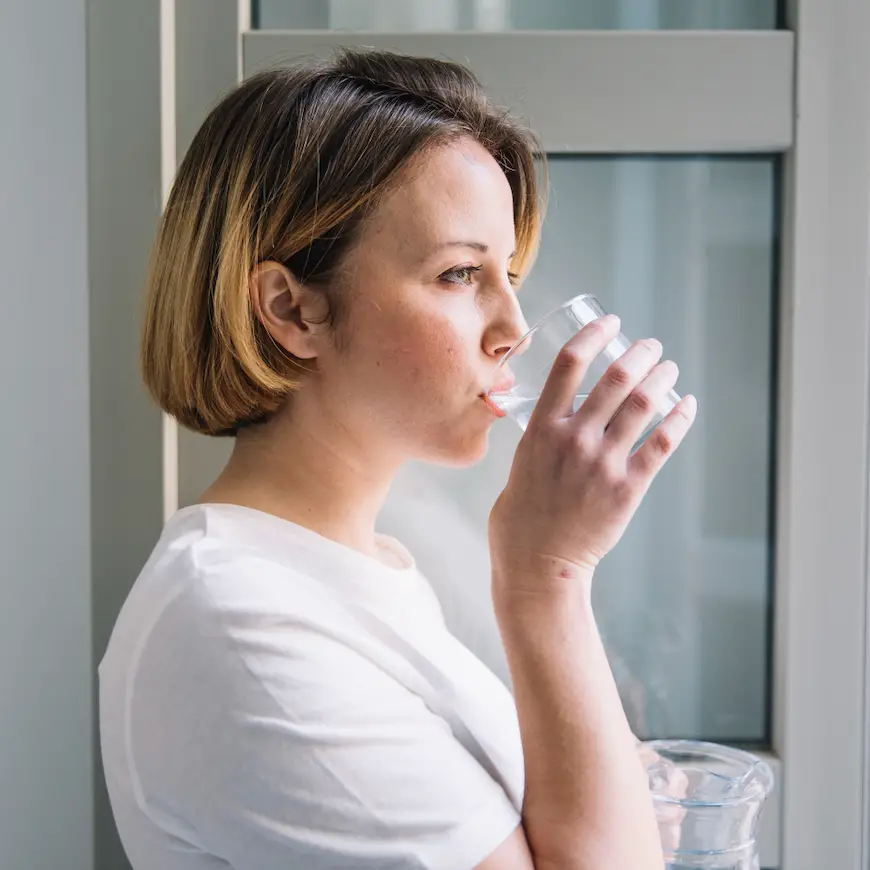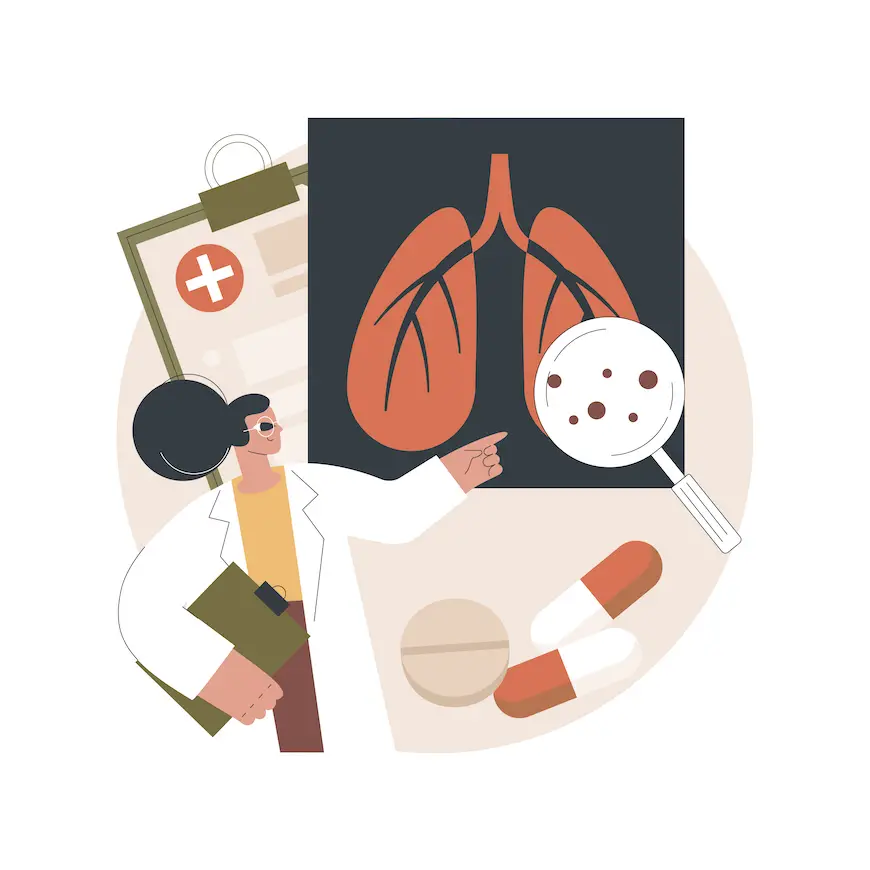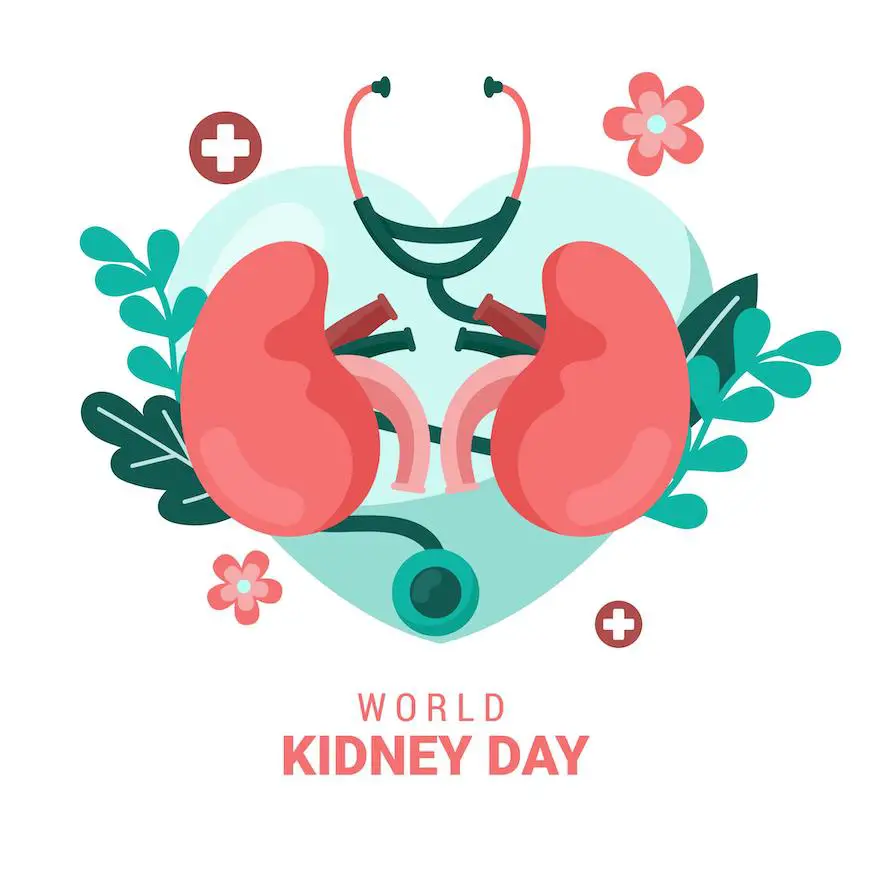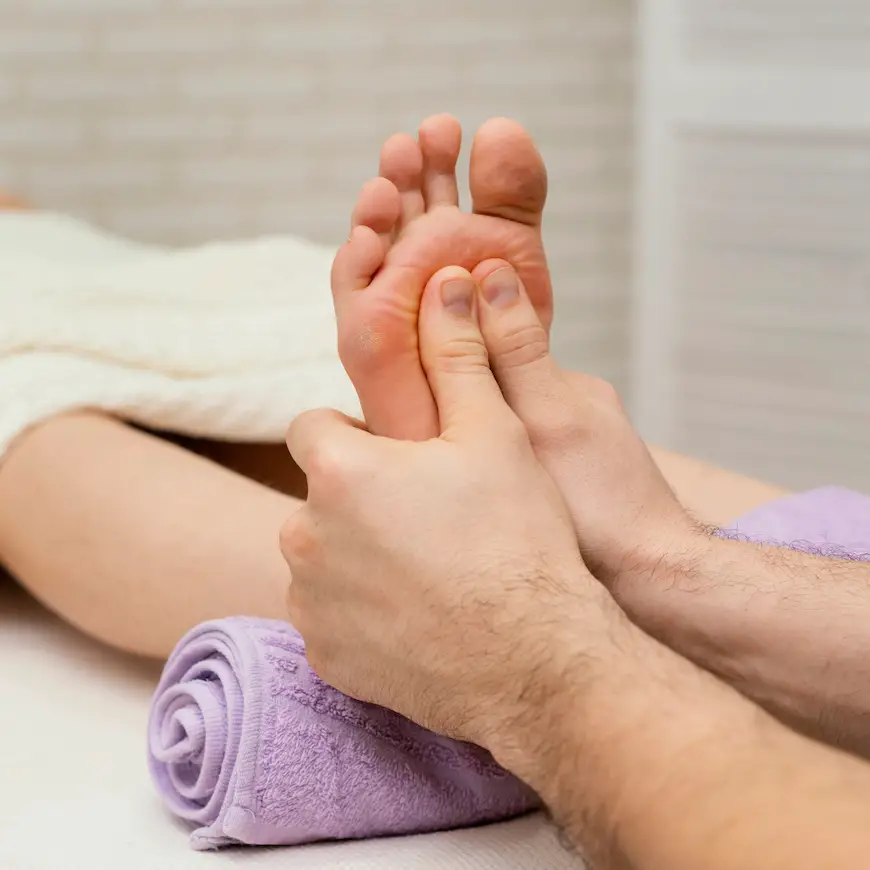Cold vs hot showers have health advantages as well as disadvantages. Hot showers can soothe your muscles, while cold ones may assist avoid dry skin.
You are not alone if your body loves a hot shower in the morning. Most people turn the handle all the way up in the morning to enjoy a jet of warm water.
Regardless of your opinion on either style of shower, research shows that both cold vs hot showers have health benefits that you should be aware of.
Health benefits of cold showers
Like most people, you may prefer a hot shower to a cold one; but if so, you may be missing out on some great benefits. A shower with water between 50 and 60 degrees Fahrenheit is considered a cold shower. Check out these benefits of a cold shower and consider yourself well worth the effort.
Improved circulation
Improving blood circulation is one of the main reasons why experts recommend cold showers.
When cold water hits your body and extremities, it constricts the blood vessels on the surface of your body. This allows blood to flow more quickly to deeper tissues, helping you maintain a healthy body temperature.
In this case, for those with high blood pressure or heart disease, a cold shower has the opposite effect than a hot shower, as exposure to cold temperatures can slow down the circulatory system to reduce inflammation, thus helping to prevent cardiovascular disease.
Increased energy and alertness
Cold showers help increase cortisol levels by stimulating the sympathetic nervous system, which is responsible for the body’s “fight or flight” response. This response can increase heart rate, blood pressure, and cortisol levels in the body, all of which help increase alertness and concentration.
Cold showers can help wake you up in the morning or combat fatigue during the day.
Improved mood mental health
Immersion in cold water causes the release of important hormones and neurotransmitters such as dopamine, serotonin, cortisol, norepinephrine and beta-endorphin. Studies show that taking a few minutes in cold water (not freezing, but around 20 degrees Celsius) can help with depression.
When we take a bath, electrical impulses are sent from our nerve endings to our brain. This chemical reaction may have an antidepressant effect in some people. However, it is not a specific treatment, and should only be used with the approval of your doctor.
Boosted immune system
Researchers believe that cold water stimulates low-level stress in the immune system, which helps boost immunity. So when your body is attacked by an infection, it responds better.
A 2016 study asked participants to start their shower with warm water but then finish with cold water for 30 to 90 seconds. People who used cold water after a shower were 29% less likely to die than those who showered regularly. This is a significant benefit of cold showers for strengthening the immune system.
However, if you’re sick, Allen says you should avoid cold showers until you feel better, as baths don’t cure illnesses or diseases.
Health benefits of hot showers
After a long day at work, you dream of coming home and taking a hot shower. Everyone enjoys a relaxing soak in the tub or a long hot bath. However, You may not know that every time you take a hot shower, you also get some health benefits. Here are some of the benefits of a hot shower for our mind, body, and skin.
Muscle relaxation and pain relief
Heat is very effective in relieving muscle tension or stiffness. The warmth reduces muscle tension, making it easier to stretch and recover from physical activity. Hot water and a strong shower head can massage away knots, aches and pains caused by strenuous exercise or sitting at a desk for long periods of time.
The heat from a shower acts like a natural pain reliever by loosening up stiff joints and soothing sore muscles, making it beneficial for conditions like arthritis or general body aches.
Skin benefits
A hot shower can help open pores to allow skincare products to penetrate effectively, make it easier to remove dirt, oil and impurities, and remove toxins that have accumulated in the skin throughout the day. After a hot shower, your skin is more receptive to moisturizers and serums.
Warm water can leave the skin feeling refreshed and hydrated. This promotes a healthy glow and supports skin cell renewal.
Improved sleep quality
Your body may be sore after a long day, and a warm bath can help you relax, soothe your body, and calm your mind. Taking a bath a few hours before bed can really help you sleep better. Plus, keeping your bed clean before you crawl under the covers will reduce the build-up of bacteria, dirt, sweat, and body oils on your bed for a long time.
Taking a bath in the evening as a part of your daily routine can improve the quality of your sleep and help relieve stress.
However, be careful not to soak in warm water for too long before bed, and limit your bath and shower time to 20 minutes. Additionally, avoid taking a bath that is too hot or too cold to experience the full benefits of a bath before bed.
Detoxification
The lymphatic system, a key player in detoxification, The heat improves blood and lymphatic circulation, which helps carry away waste and toxins.
Hot showers create an environment that raises your body temperature, triggering sweating, a natural mechanism to regulate heat. Sweating during a hot shower encourages the release of toxins like urea, salts and some heavy metal through the skin, similar to the effects of a sauna.
When to take cold or hot showers?
Both cold and hot showers offer unique benefits, and choosing between them depends on the time of day, physical activity, and individual needs. When considering cold vs hot showers, cold showers are invigorating and ideal for improving circulation, reducing inflammation, and boosting mental clarity. They are particularly beneficial in the morning to wake up and increase alertness or after a workout to reduce muscle soreness and swelling. In hot weather, a cold shower can quickly cool the body and refresh the mind, while the shock of cold water can trigger the release of endorphins, enhancing mood and combating stress.
Hot showers, on the other hand, are more relaxing and therapeutic. They work well in the evening to unwind and promote restful sleep or after physical activity to relax tight muscles and improve blood flow. The warmth of a hot shower helps open pores, allowing for deeper cleansing and detoxification, which makes it especially beneficial for skincare routines. Hot showers are also soothing in colder weather, helping to warm the body and provide a sense of comfort. When evaluating cold vs hot showers, the timing and purpose of the shower often guide the best choice.
For those looking to combine the benefits of both, contrast showers—alternating between hot and cold water—offer a powerful approach. Starting with hot water relaxes muscles and opens pores, while brief cold bursts invigorate the body, improve circulation, and close pores. These are great shower tips for maximizing the benefits of both cold and hot showers. This technique enhances lymphatic drainage, reduces inflammation, and provides an overall boost in energy and relaxation. In the discussion of cold vs hot showers, contrast showers provide a balanced solution, making it possible to enjoy the advantages of each.
Ultimately, the choice between cold and hot showers should be guided by personal preferences and goals. A cold shower may suit mornings or post-workout recovery, while a hot shower is better for evening relaxation or soothing sore muscles. For individuals with sensitive skin or conditions prone to dryness, lukewarm water may be the best compromise. Adjusting your shower routine based on specific needs can maximize its benefits, adding to the ongoing conversation about the benefits of cold vs hot showers.
Which is best for you?
Both hot and cold showers have clear advantages, so which is better?
The best scenario, according to Friedman, is to take a lukewarm shower (so it’s bearable) and moisturize your damp skin afterward.
Keferstein suggests trying what he refers to as a “contrast shower,” an ancient method created by Dr. Sebastian Kneipp. As cold as you can make the water, then stand in it for a minute. You then switch the water to as hot as you can stand for another minute after the allotted time has passed. For three to five cycles, switch between one minute of cold and one minute of hot.
When comparing cold vs hot showers, preferences and personal circumstances play a significant role. For example, those with oily or acne-prone skin may benefit more from cold showers, as they help tighten pores and reduce oil production. In contrast, hot showers can be more suitable for individuals with chronic pain or those who struggle with falling asleep. Another key factor is climate—cold showers are refreshing during hot weather, while hot showers provide comfort in colder seasons.
Ultimately, the choice between cold vs hot showers depends on the desired outcome and individual health considerations. For many, a combination of both, such as contrast showers that alternate between hot and cold water, offers the best of both worlds. This approach stimulates circulation, promotes relaxation, and reduces inflammation, making it a versatile option for various needs. Understanding the benefits and potential caveats of cold vs hot showers allows for a tailored approach to maximizing their therapeutic effects.
Conclusion
When it comes to cold vs hot showers, each offers unique advantages suited to different needs and situations. Cold showers are excellent for boosting circulation, increasing energy, and strengthening immunity. They are particularly effective for reducing inflammation and aiding in muscle recovery after physical activity, making them a go-to option for athletes or those looking to refresh and re-energize. In contrast, hot showers are ideal for promoting relaxation, easing muscle tension, and improving sleep. Their warmth helps soothe aches, open pores for deep cleansing, and provide comfort in colder weather.
The choice between cold vs hot showers ultimately depends on individual preferences and health considerations. People with skin sensitivities or cardiovascular conditions may need to adjust the temperature accordingly, and specific goals, like waking up refreshed or winding down before bed, can guide the decision.
To better understand the benefits of cold vs hot showers, it’s worth experimenting with both. Pay attention to how each type affects your body and mind, and tailor your routine to match your needs. For a balanced approach, consider combining both types in a contrast shower, alternating between hot and cold water, to enjoy the best of both worlds. By adapting your shower habits, you can maximize the health and wellness benefits for your unique lifestyle.







